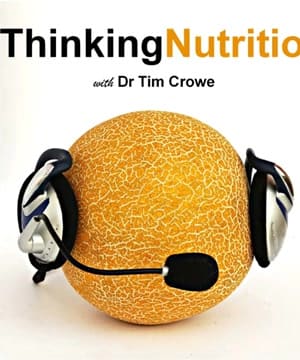Soy protein
Sources:
Soy protein is frequently discussed in terms of its benefits, effectiveness in muscle building, and its impact on health markers.
-
Muscle Building:
- Soy protein is viewed as an effective alternative to whey protein. Studies show that it can promote muscle gains and strength comparably to whey when used in sufficient quantities 1 2.
- A meta-analysis by Dr. Mark Messina found that soy protein yielded similar muscle and strength gains as high-quality animal proteins like whey 3.
-
Health Benefits:
-
Hormonal Impact:
- Concerns about soy protein's impact on estrogen levels have largely been debunked. Moderate consumption, especially from whole food sources, does not significantly affect hormone levels in men 6.
- Clinical studies support the safety of soy isoflavones, showing no adverse effects on thyroid hormones or significant feminizing effects at typical consumption levels 7 8.
Overall, soy protein is effective for muscle building, provides several health benefits, and is safe for regular consumption without significant hormonal disruption when consumed in typical amounts.
RELATED QUESTIONS-

